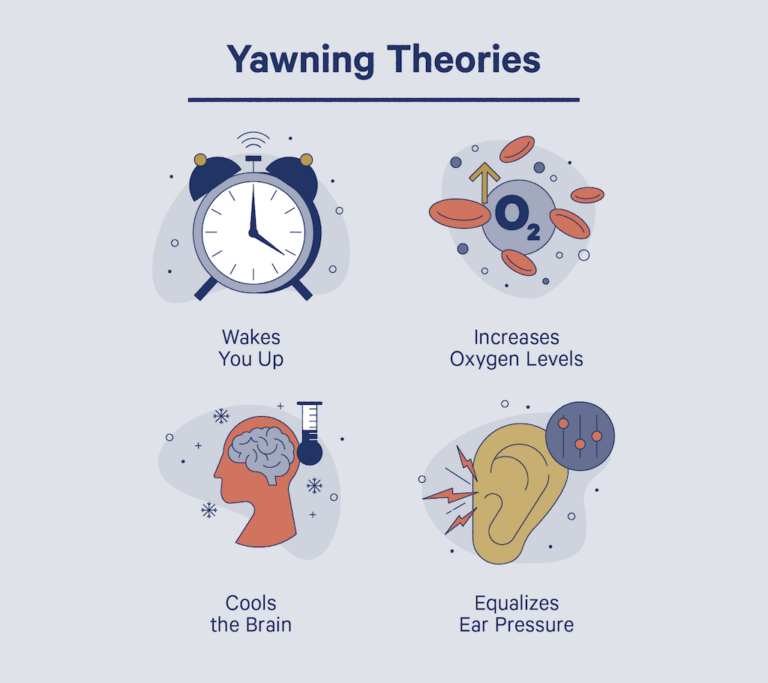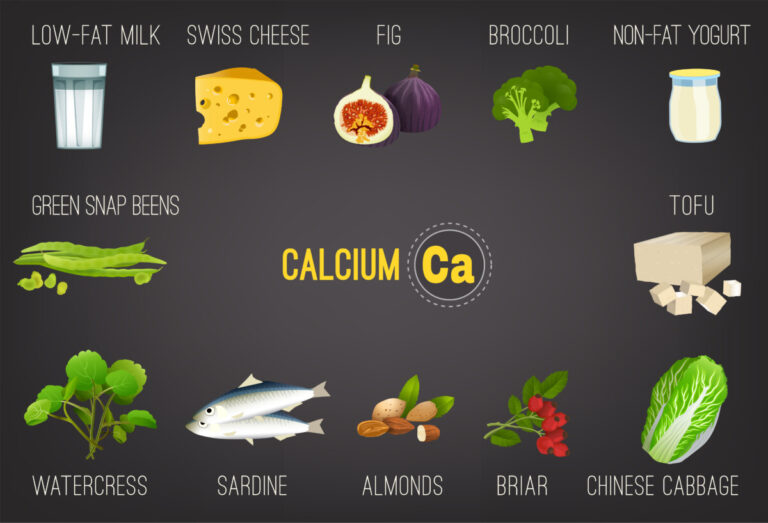Yawning is one of the most mysterious and poorly studied phenomena of human behavior. Almost everyone has encountered a situation when you suddenly open your mouth, throat and take a deep breath of air. In this case, prolonged muscle tension and exhalation involuntarily occur. Yawning is often associated with boredom or fatigue. However, the true reasons for this phenomenon are much more complex. Let’s figure out why people yawn.
Physiology of yawning
When yawning, certain cranial nerves and muscles of the pharynx, mouth, jaw, and larynx are activated. This leads to a deep inhalation, prolonged relaxation and subsequent smooth exhalation. The process itself takes about 6 seconds.
Thus, yawning is a complex neuromuscular response that involves many body systems. But why is it needed at all and what functions does it perform?
Yawning functions
According to modern ideas, yawning plays an important role in regulating the basic functioning of our body:
1. Improving brain thermoregulation
By taking a deep breath, cold air enters the blood vessels of the brain and cools the brain, and warm exhaled air warms it. Thus, yawning helps optimize the brain’s temperature homeostasis for normal functioning.

2. Elimination of hypoxia
Deep yawning saturates the blood with oxygen, thereby helping to combat oxygen starvation of tissues (hypoxia), which can occur due to lack of sleep, stress and overwork.
3. Improving cerebral circulation
The dilation of the blood vessels in the neck during yawning accelerates the outflow of venous blood from the brain, improving its blood supply. This has a beneficial effect on the performance of nerve cells.
4. Increased muscle tone
Yawning trains the muscles of the pharynx, tongue, face, and neck. This helps improve their strength and endurance. In addition, stretching the muscles helps to relax them and relieve tension.
5. Stimulation of tear production
Tear ducts that widen during yawning better moisturize the eyes, preventing them from drying out, irritation and fatigue.
6. Hearing improvement
The movement of the middle ear elements when yawning helps clear it and improve hearing function.
Causes of yawning
According to research, yawning can be caused by a number of factors:
1. Circadian rhythm disturbance
The peak of yawning activity occurs during the transition phases from sleep to wakefulness and from wakefulness to sleep. Yawning helps the body adjust its biorhythms and optimally adjust all systems for the upcoming period of activity or rest.

2. Fatigue and drowsiness
Feeling lethargic and drowsy is one of the most common triggers for yawning. Yawning, as it were, “recharges” a tired body, saturating the brain with oxygen and improving blood flow.
3. Stress and anxiety
Yawning helps the body cope with stress and relax. Therefore, in stressful situations, people often yawn involuntarily.
4. Boredom and monotony
Monotonous activity, lack of active perception and mental work trigger yawning. Yawning seems to “dilute” boredom and again increases the tone of the cerebral cortex.
5. Decreased concentration
When attention weakens and brain activity slows down, the entire body begins to “slow down,” launching a “refreshment program” in the form of yawning.
6. Increased brain temperature
Overheating of the brain is also a stimulus for yawning. As noted above, yawning cools the brain and promotes thermoregulation.
7. Decreased oxygen levels
Tissue hypoxia triggers yawning to saturate the blood with oxygen and normalize the body’s life support.
The psychology of yawning
Research shows that yawning is often psychological in nature and infectious in nature. Let’s look at the key features of the “psychology of yawning”:
1. Connecting with Emotions
Positive emotions, delight, and interest are much less likely to provoke yawning. But boredom, disappointment, depressed mood are the opposite. Therefore, yawning is often used as a non-verbal marker to assess a person’s reaction to what is happening.

2. Contagiousness
It often happens that as soon as someone yawns, the people around them immediately begin to yawn instinctively. This phenomenon is called psychological contagion. It is based on the mirror activity of brain neurons and the imitative reflex.
3. Social consequences
In some cultures, yawning in public is considered indecent and even offensive. Although in fact, yawning is a completely normal psychophysiological need of the body. However, many people try to hide or suppress yawning in front of others.
4. Age differences
Women yawn much more often than men. In addition, yawning is most pronounced in childhood and youth, and, on the contrary, decreases in old age. This is due to hormonal and neurophysiological factors.
Curious facts about yawning
In addition to the aspects discussed above, there are many more interesting facts regarding this mysterious phenomenon:
- Yawning activity was detected in fetuses starting as early as the 12th week of pregnancy. Thus, the reflex is laid before birth.
- On average, an adult yawns about 10-20 times per day. However, there are “record holders” with over 100 yawns per day.
- There are rare neurological disorders that manifest as pathological yawning up to 500 times a day.
- Yawning cannot be suppressed by willpower. There will only be a delay followed by an even more powerful and prolonged yawn.
- When the mouth is closed, the muscles still yawn, only without taking air into the oral cavity.
Thus, yawning has not been fully studied and is fraught with many mysteries. However, it is already clear that this is the most important adaptive mechanism for maintaining homeostasis and optimal functioning of our body.
Conclusions
Yawning is a deeply programmed response of the body to certain internal and external stimuli. It performs many useful functions – from thermoregulation of the brain to increasing muscle tone.














